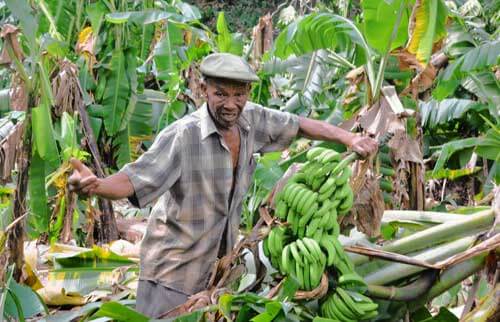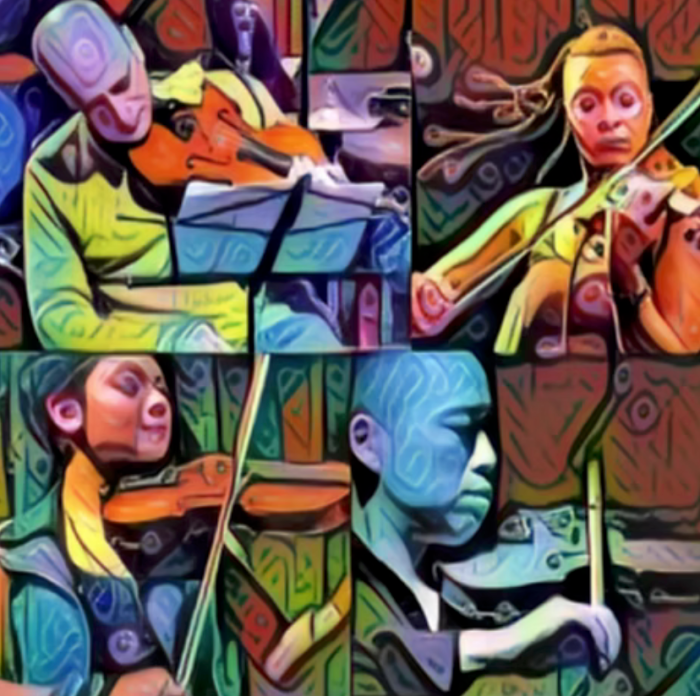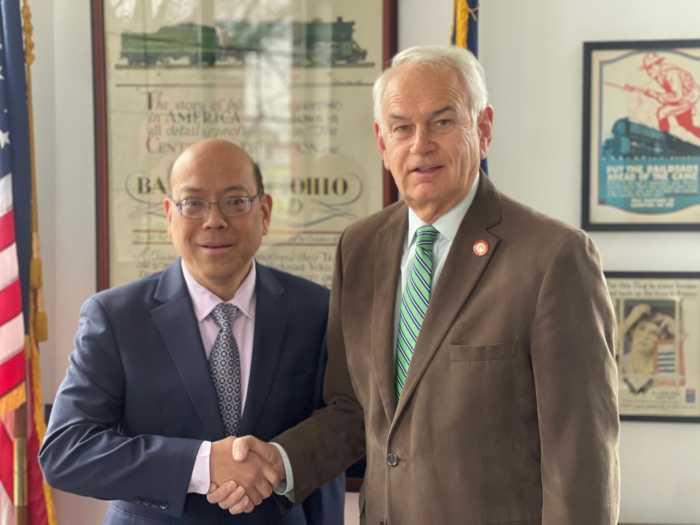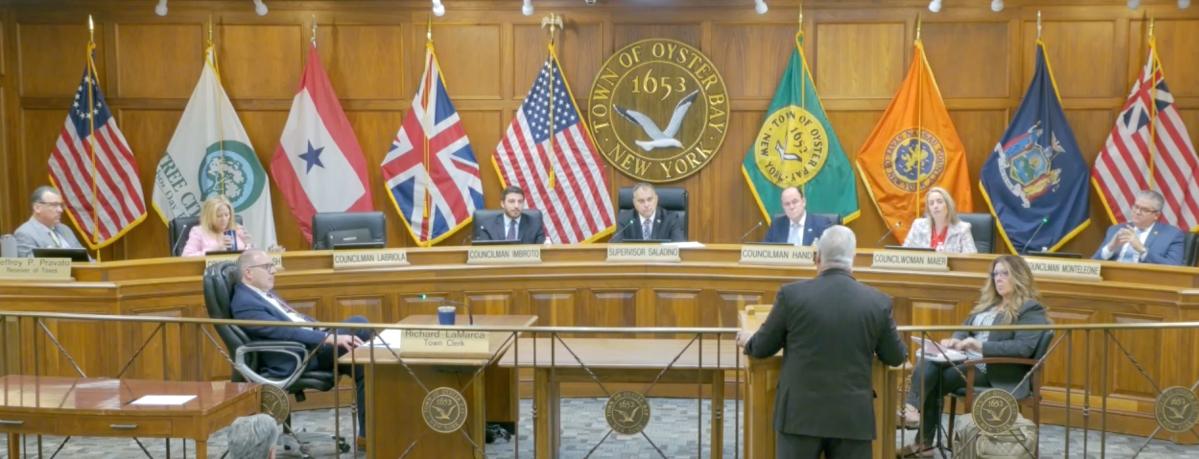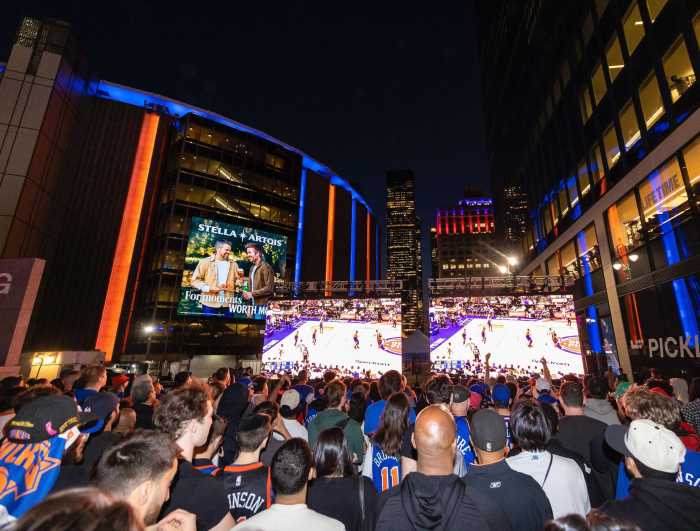Just two days after Barbados dumped Britain’s Queen Elizabeth as its head of state, replaced her with native born former Governor General in President Sandra Mason and became the world’s newest republic, authorities in several Caribbean Community countries are either being forced to explain delays for not taking similar action or facing calls to do likewise.
The 166-square mile island of about 300,000 people ended more than 300 years of a system in which the British monarch was its head of state, allowing state institutions to carry names like her majesty’s prison service and the Royal Barbadian Police Force among others.
Prosecutors worked in the name of the British crown, but all these will now disappear now that Barbados has joined Guyana, Trinidad and Dominica as CARICOM countries, which are republics and have their own executive or ceremonial presidents. Mason will be a ceremonial president like the others, except Guyana whose head of state occupies executive office.
As the euphoria recedes and as Barbadians come to grips with its new status among regional neighbors, there have been spirited discussions in Jamaica, St. Lucia and Antigua about why nothing much has been done to remove what many believe or regard as the last vestige of British colonialism.
In Jamaica, opposition lawmaker Fitz Jackson raised the issue in parliament on Tuesday, forcing a calm and civilized response from acting House Leader and Culture Minister, Olivia Grange, as he questioned what after decades of independence nothing had been done to break the shackles of the colonial era.
“We are now approaching 60 years and are still lacking in the courage to do what they have done. I believe it’s high time. Let us use this turning point for our sister nation as a catalyst to formally shed ourselves of that vestige of colonialism,” said the MP for rural St. Catherine.
Forced to answer, Grange said the issue is being “actively considered” noting that “I just have to indicate to you that you will get a response soonest. That’s as much as I can say at this time, but we consider the matter important and parliament will be looking at this motion, or the subject itself, at the earliest possible time.”
Fellow opposition MP Mikael Phillips had proposed a resolution to this effect last year but the question of Jamaica switching to a republic and having a local president has been on the cards for decades, unimplemented by both governments.
In St. Lucia, former Prime Minister Kenny Anthony argued that the time had indeed come for the country to make the move as he also called for the abandonment of the British Privy Council as the island’s final appeal for civil and criminal matters.
“We ridiculed Barbados whenever we had the opportunity. There is no hope for ‘Little England,’ we would say. Yet, among the nations of the region, Barbados in recent times has chosen to be the most courageous. For my part, we should tarry no further and collectively, act together in unison to commence the process to repatriate our constitution to where it belongs, in the sovereign will of our people,” he told regional news agency CMC.
Authorities have not really reacted to Anthony’s urgings but in nearby Antigua, the head of the National Reparations Commission, Dorbrene O’Marde said Barbados did the right thing and Antigua should head in that direction.
“I think it’s totally important that the rest of us in this Caribbean who have remained as independent countries or as colonies understand the significance of this move. I think the transition is significant, very significant. Barbados has ended a colonial relationship with Great Britain. Barbadians have opted for total sovereignty and they are now in a position where decisions about Barbados are being made by Barbadians. I applaud the Barbadian government, the Barbadian people, PM Mottley and of course, special congratulations to the new president of Barbados.”
Meanwhile, for those who were not paying attention, the road to Monday night in Barbados was littered with major signals that “Little Britain” was in a hurry to take this step. A year ago this month, the government removed the oversized statue of colonial era British war hero Lord Nelson from the heroes square, dumping it out of sight.
And, more than a decade ago, Barbados threw aside the British Privy Council as its final court and joined Guyana in taking criminal, civil and other appeals to the Trinidad-based Caribbean Court of Justice (CCJ) instead. Dominica and Belize have since followed suit even as Jamaica and the smaller islands struggle to themselves do so because of local resistance from various sections of society.



